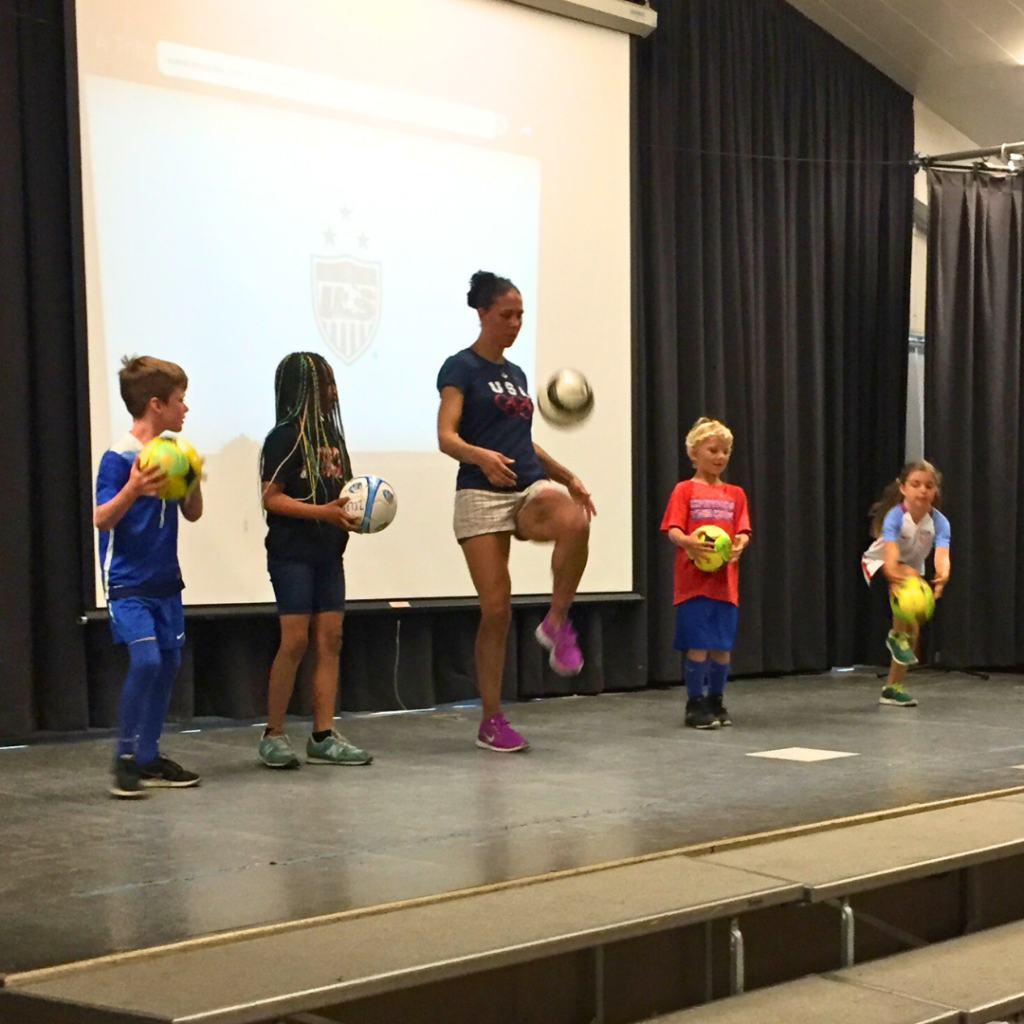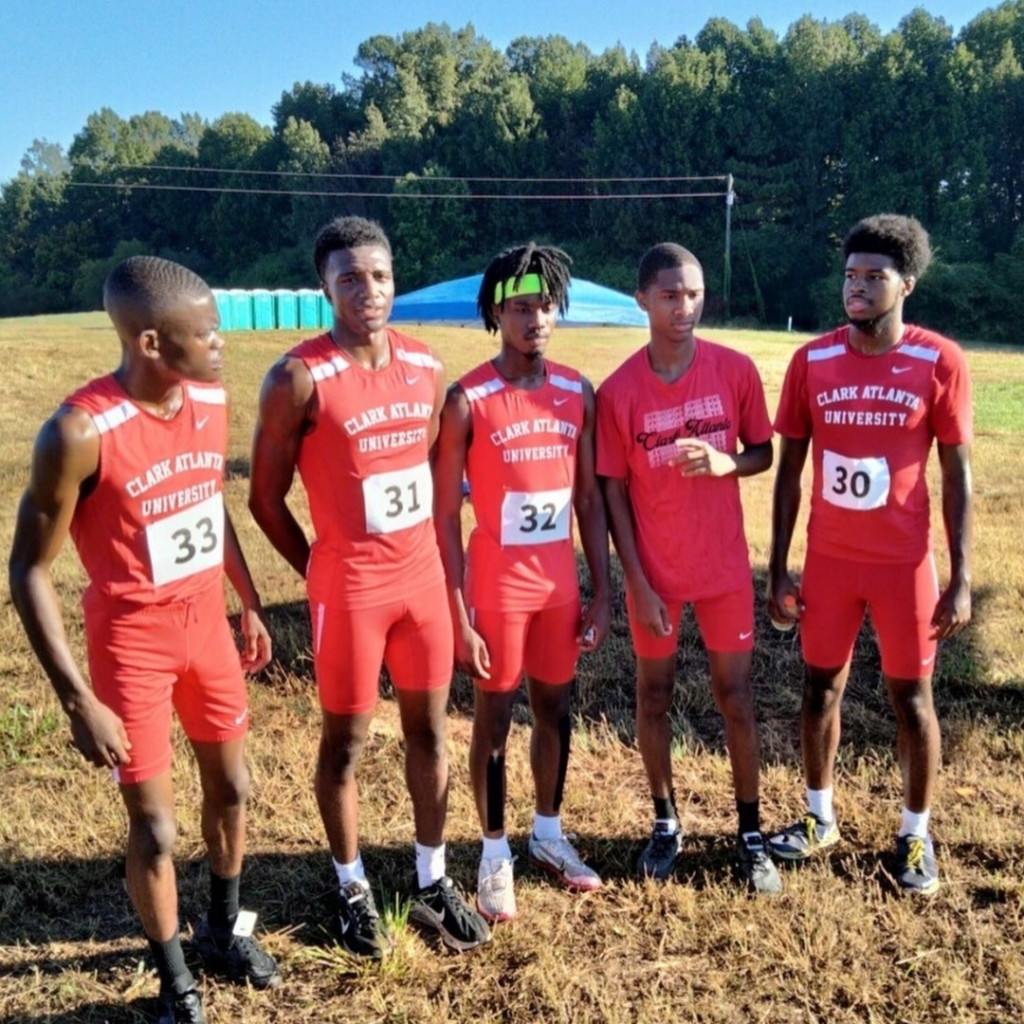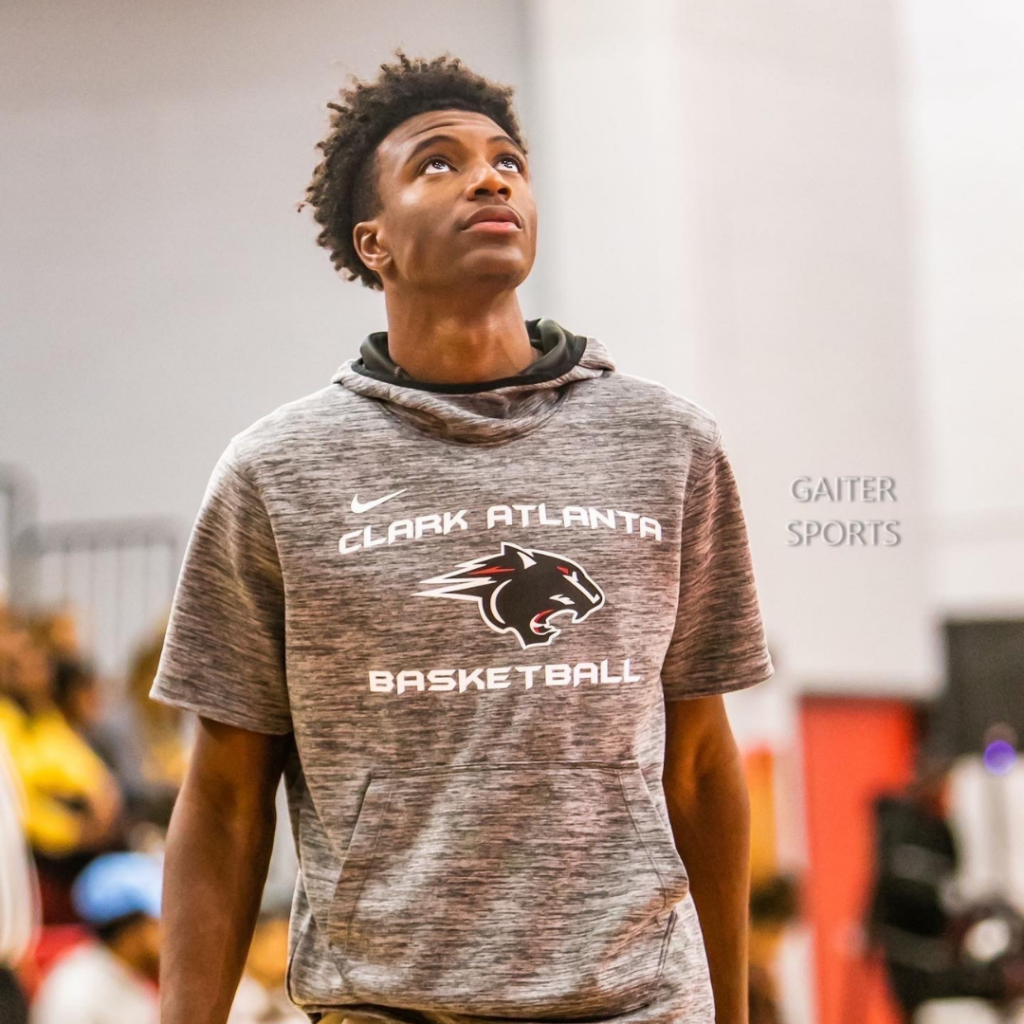Shannon Boxx continues shining beyond the field
For National Soccer Hall of Famer Shannon Boxx, it is the people, not the sport itself, that have helped her down the path to becoming a national icon. The former midfielder participated in three Olympics and four World Cups for the United States, but her career highlights stem well beyond the field.
Boxx simply embraced every aspect of her life, from her multiracial heritage or numerous injuries, en route to a game that took her from the age of 4 to the age of 38. Despite receiving her first call-up at 26, Boxx ranks within the top-12 of Americans with the most career appearances and has the most USWNT appearances of any Black woman. She had a 12-year national team career, yet it was the choices outside of soccer that has stuck with Boxx the most.

As a professional athlete I always knew I had a greater responsibility than just performing on the field. As a female athlete I knew how important it was for me to be a role model.
Shannon Boxx
And a role model she was.
Boxx was diagnosed with Lupus at the age of 30 during one of the best times of her playing career. Lupus is an autoimmune disorder where one experiences inflammatory fatigue from one’s own immune system attacking its tissue. This made not only soccer but life, difficult for Boxx.
She had to learn how to understand her body in ways she never truly thought about before, noticing signs that could lead to sudden bursts of muscle and joint pain.
The USWNT starter was just two years removed from a FIFA Player of the Year finalist berth in 2005 when Lupus tried to derail her. However, Boxx did not let the disorder dictate her lifestyle. It eventually sparked a new goal: wanting to help others.
I was afraid to let people know about my Lupus but once I realized how important it was for me to share my story, to make Lupus visible, I wasn’t afraid anymore.
Shannon Boxx

What went from a fear of looking weak became her biggest strength.
Today, Boxx is one of the biggest advocates for spreading awareness about Lupus and points to her passion for the subject as the key reason she wants to find new ways to help.
“It wasn’t until around 2012 I realized with social media how important it was for me to use my platform to help others and to bring greater awareness to things I truly cared about,” Boxx said.
Athletes for Hope has helped Boxx in more ways than one and continues to stand alongside the former soccer star throughout her advocacy journey, becoming another name to the list of people that have had a mutual impact with Boxx along the way.

When you are passionate about something it makes it easy to create space for it. I truly enjoy helping empowering others to reach their full potential and I have loved that Athletes for Hope has helped me find avenues to be able to do that.
Shannon Boxx
So while soccer as a game has given Boxx a platform to become a notable advocate for Lupus, without her family, friends, coaches, and teammates along the way, she does not believe she would have seen the same success.
“I feel so blessed to have been able to do the things that I have done and I know everything I have accomplished is because of the support of the people around me who were willing to make time for me,” Boxx said. “I have always wanted to pay that kindness forward.”
Four Olympics and three World Cups do not define Shannon Boxx’s legacy. The mark she is leaving surpasses her success on the field as she has used her platform for good. She is helping create the change she once wished to see in the world, a change that shines a light on the disorder that she thought might bring her down.
Boxx realized that her fears were in her head, and the impact she could make was important enough for her to overcome her own doubts.
My advice is just get out there and try it even if you don’t know exactly what cause you are interested in yet. Use Athletes for Hope to help connect you and over time you will realize where your passion lies.
Shannon Boxx















